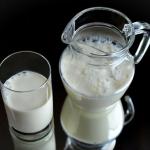
As of 26 August 2017, organisations that employ workers performing hazardous or harmful tasks are required to provide such workers with milk or other dietary food in accordance to the revised norms. The amendments were introduced by Order No. 186 of 30 June 2017.
The amendments revise the form in which the norms for the provision of milk to workers are prescribed. Now such norms are presented in a form of a table that indicates how much milk must be provided by the employer to a worker for one shift. The table also specifies chemical substances the exposure to which by an employee requires the employer to provide such an employee with milk that contains up to 3,5% of fat, after each shift (currently the exposure to any substance requires the employer to provide the employee with 0,5 liter of milk).
The list of harmful substances has not been changed and includes thallium, titanium, vanadium, mercury and its compounds, aromatic hydrocarbons (toluene, benzene, naphthalene, etc.), phenols, lead, methanol, nickel, chromium and its compounds, pesticides, etc.
In addition, the table has been supplemented by the definition of the term “drinking milk”. The milk quantity that must be provided by the employer has not changed and remains 0,5 liter per shift.
It is possible for the employer to provide an employee exposed to the mentioned substances with a supplementary dietary food instead of milk. Such dietary food includes cheese (maximum 24% of fat), cottage cheese (up to 9% of fat) and liquid dairy products, such as kefir, yogurts, etc.





